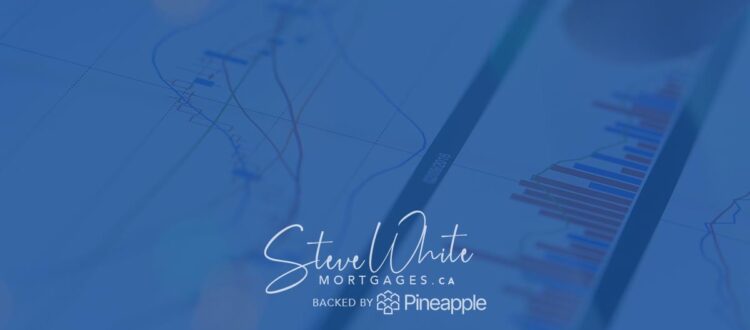How the Interest Rate Hikes Are Really Impacting Investors – Part 3
In the previous weeks we looked at two ways a higher interest rate will affect investors – cashflow and selling price. A higher interest rate cuts directly into the cashflow, but higher rates also push prices down in most cases. The two don’t equal out however and so far a higher interest rate still isn’t great news for investors. You can read part one here, and part two here.
This week we’ll look at a third way higher interest rates will impact investors – taxes.
In Canada the interest we pay on owner-occupied homes is not tax deductible, but it is for investment properties. While we can’t write off the full mortgage payment, we can write off the interest along with other expenses such as property taxes, condo fees and repairs and maintenance.
Let’s compare the two examples we’ve been using – a triplex purchased in February 2022 and another purchased in August 2022. Because the amounts paid towards principal and interest change each more, the numbers below are now calculated after one year.
February 2022 Purchase
- Property price – $875,000
- Down payment – $175,000
- Mortgage amount – $700,000
- Mortgage interest – 2.75%
- Mortgage payment – $34,222.80 (30-year amortization)
- Mortgage interest portion – $18,950.18
- Mortgage principal portion – $15,272.62
- Rental income – $48,600
- Property taxes – $3,840
- Repairs/maintenance – $1,800
- Vacancy – $1,320
Total cashflow = $11,017.20
Taxible income:
- Rental income $48,600
- Mortgage interest – $18,950.18
- Property taxes – $3,840
- Repairs – $1,800
- Vacancy – $1,320
Total taxable income = $22,689.82
Assuming the average investor already earns on average $75,000 salary and is in a 20.5% tax bracket, the income tax payable is $4,651.31
August 2022 Purchase
- Property price – $750,000
- Down payment – $150,000
- Mortgage amount – $600,000
- Mortgage interest rate – 4.75%
- Mortgage payment – $37,357.80 (30-year amortization)
- Mortgage interest portion – $28,022.45
- Mortgage principal portion – $9,335.35
- Rental income – $48,600
- Property taxes – $3,840
- Repairs/maintenance – $1,800
- Vacancy – $1,320
Total cashflow = $4,282.20
Taxible income:
- Rental income $48,600
- Mortgage interest -$28,022.45
- Property taxes – $3,840
- Repairs – $1,800
- Vacancy – $1,320
Total taxable income = $13,617.55
With the assumption of salary and tax bracket of 20.5%, the income tax payable for the triplex with the higher interest rate is $2,791.60
In other words, at the end of the year, the investor who has bought later in the year with a higher interest rate is earning $6,735 less per year in cashflow, but is also paying $1,8059.71 less in taxes.
Despite paying 2% higher interest rate, the difference at the end of the year so far is only $4,875.29, not the $11,356.56 we expected when just comparing the rates at face value.
It’s the reason why experienced and sophisticated real estate investors are not cashing in their portfolio or stopped buying.
Next week we’ll look at the fourth way higher interest rates affect real estate investors.
If you have any questions about these examples or would like to discuss finding or financing an investment property, you can book a 30-minute investor strategy call here and I’ll break it all down for you at once.




